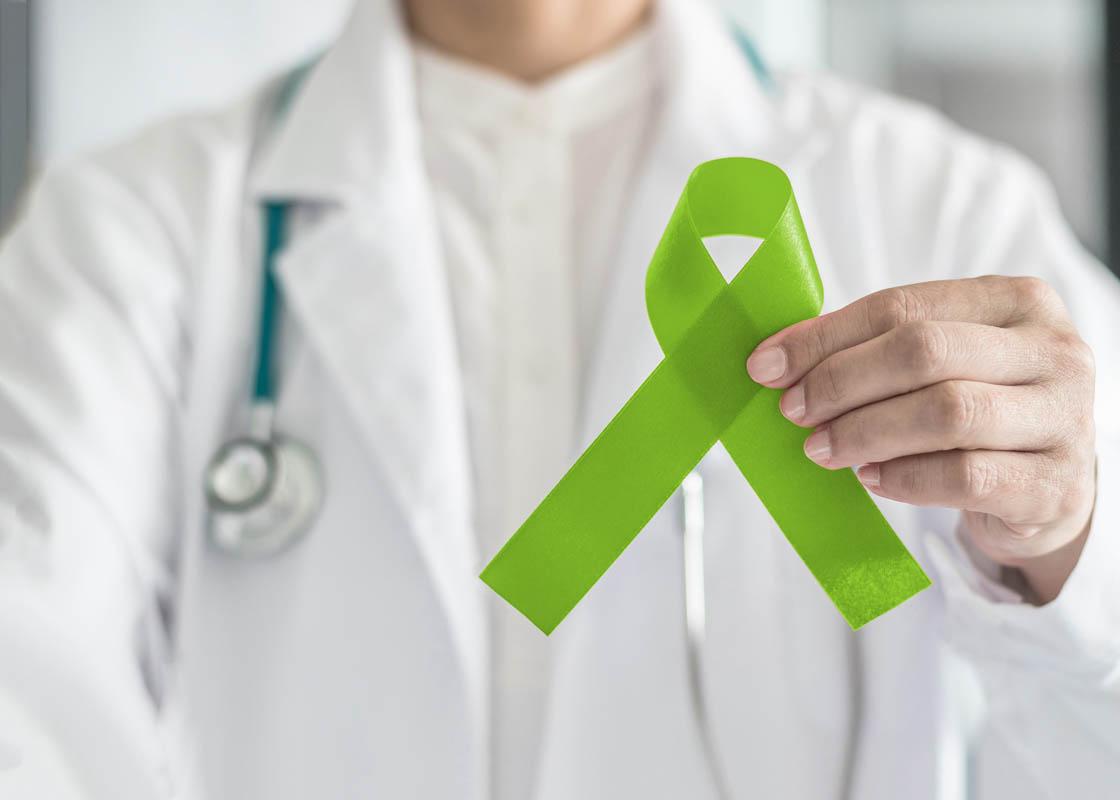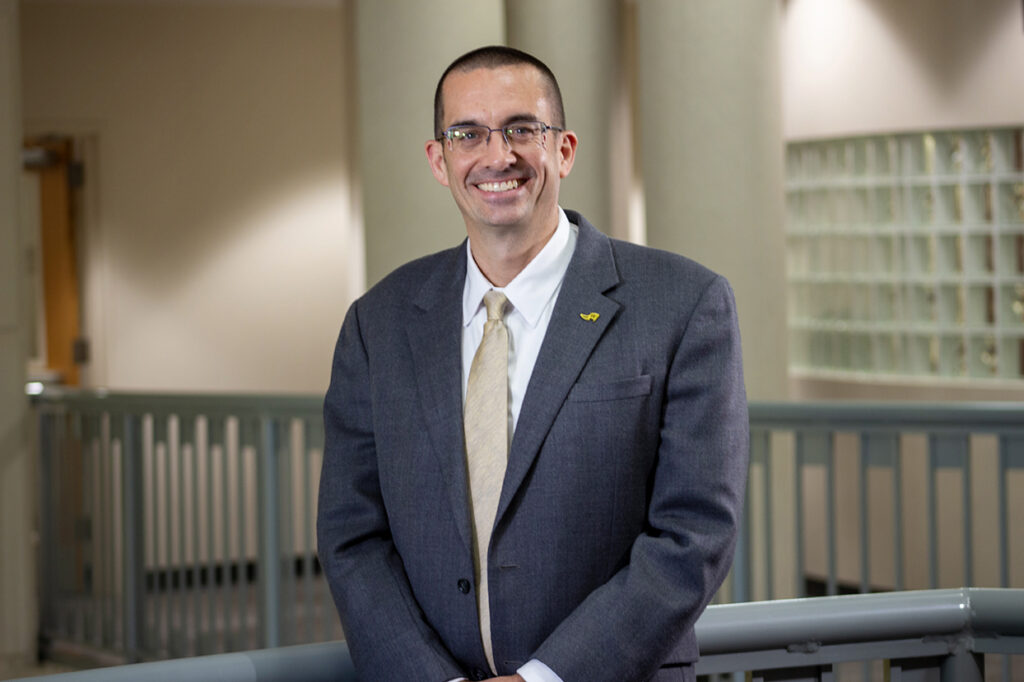According to the National Council for Behavioral Health, one in five people will experience a mental illness in their lifetime.
Mental health and mental illness are growing topics of concern in today’s culture. Awareness and advocacy for more mental health resources is becoming a major focus. This is particularly evident during the month of May, which is designated as Mental Health Awareness Month.
The topic of mental health is especially crucial during times of change and crisis, such as the COVID-19 pandemic, said Sophia Dziegielewski, a professor in the School of Social Work.
“The changes that have occurred with COVD-19 have been unprecedented, yet the struggle to learn to balance work and home is nothing new,” Dziegielewski said. “With COVID-19, however, balancing it all has taken on a new meaning.”
Dziegielewski advised that people take into account that everyone has different mental health needs, especially now. Standardized care may not work for everyone. Using a “one-size-fits-all” approach may not be the most effective method to utilize. “Asking for professional help to assess your unique situation is not a weakness – it is a strength,” she said.
Mental health is not something we should only be talking about during a high-stress situation such as the COVID-19 pandemic. It is important to be aware of the different needs and situations that others experience in everyday life, and how these unprecedented situational changes can magnify previous concerns.
Estelli Ramos, an instructor in the School of Social Work, said that some communities, such as the LGBTQ+ community, have unique needs.
According to research data, 40% of the LGBTQ community have suffered from some form of mental health illness, compared to 18% of the total heterosexual population. LGBTQ youth are also five times more likely to attempt suicide than their heterosexual counterparts.
This is why utilizing a multicultural perspective is critical in addressing mental health, Ramos said.
Aside from getting professional help in treating mental health conditions, lifestyle changes can help alleviate some symptoms.
Physical activity has been shown to have a positive effect on lowering the symptoms of depression and anxiety.
“Symptoms of anxiety and depression often develop when situations are seen as being ‘out of control,’ said Thomas Fisher, a senior lecturer in the School of Kinesiology and Physical Therapy. “By taking a simple walk, not only will you be outside, moving, you will also be ‘in control’ of a proactive, beneficial step.”
Other tips Fisher offers to help maintain mental health through fitness are: (1) performing small exercise routines periodically, (2) finding the right fitness routine for you, (3) recognizing and limiting excuses, (4) tailor your exercise activities to the resources you have available and can perform safely.
The mental health benefits of simply being active are numerous, including improved self-image, self-discipline, self-control, motivation and a sense of accomplishment.
“Suffice to say that we are all going through some challenging and unusual times,” Fisher said. “But, remember that some exercise is better than no exercise at all for keeping your mind fit.”








